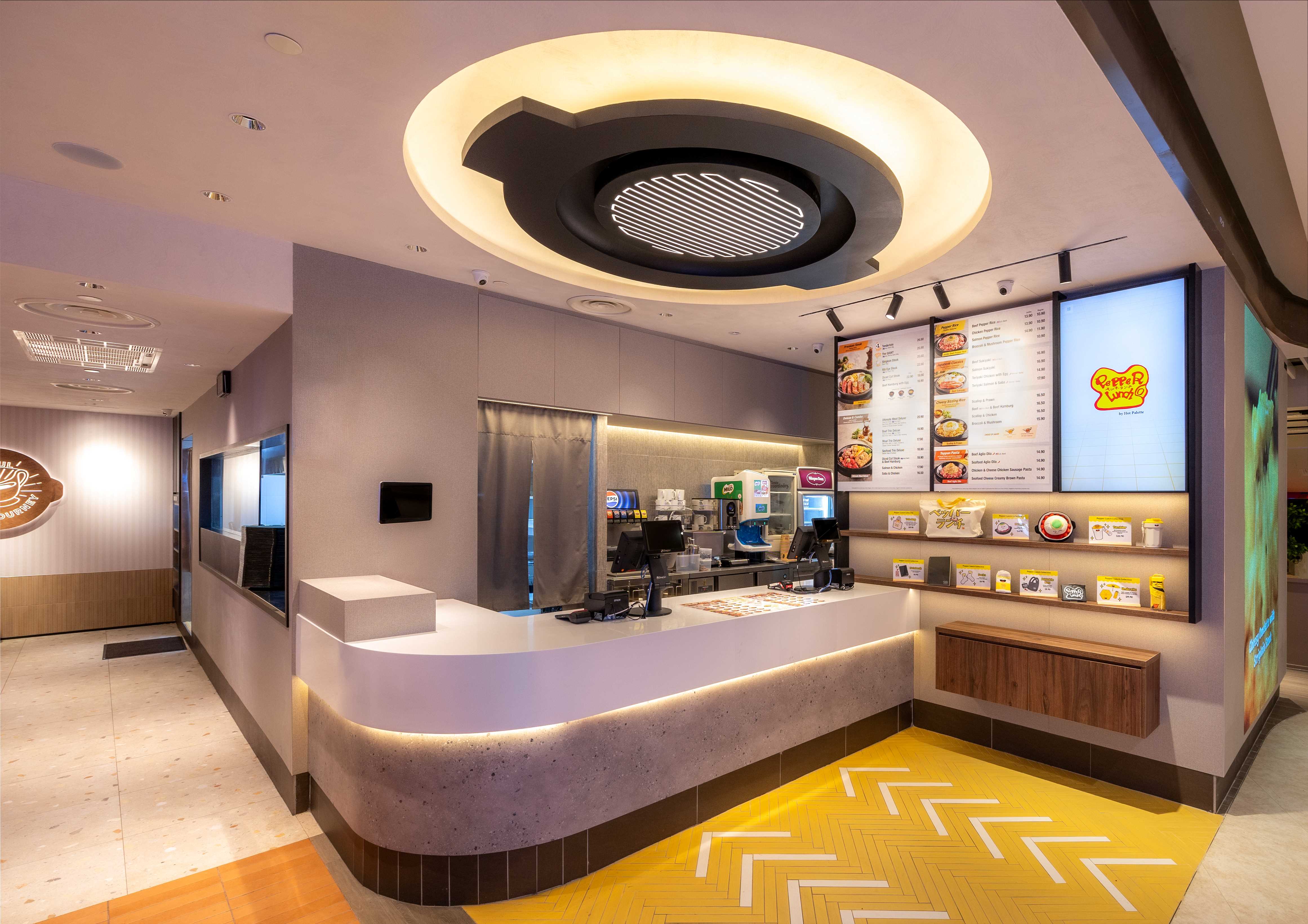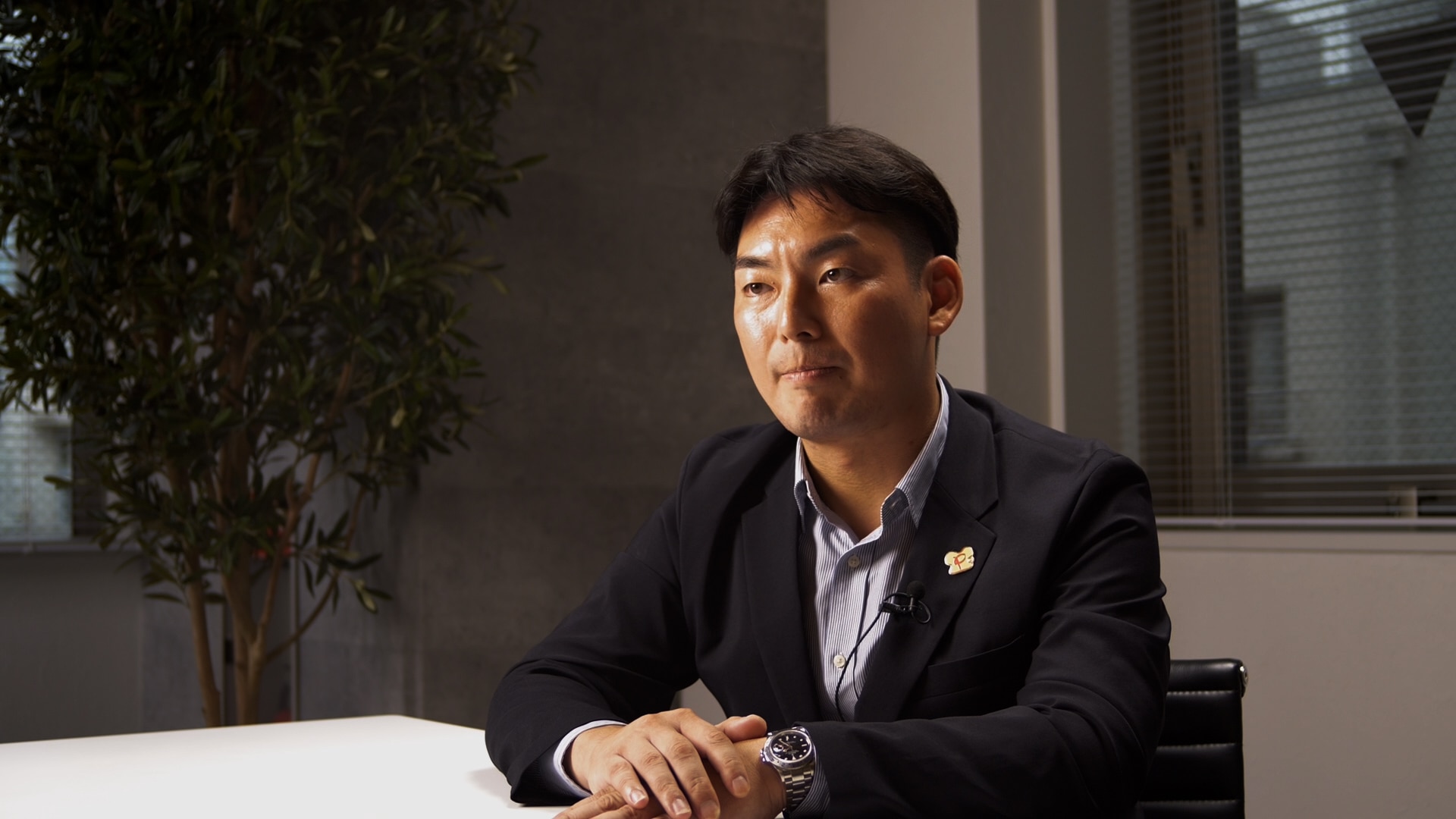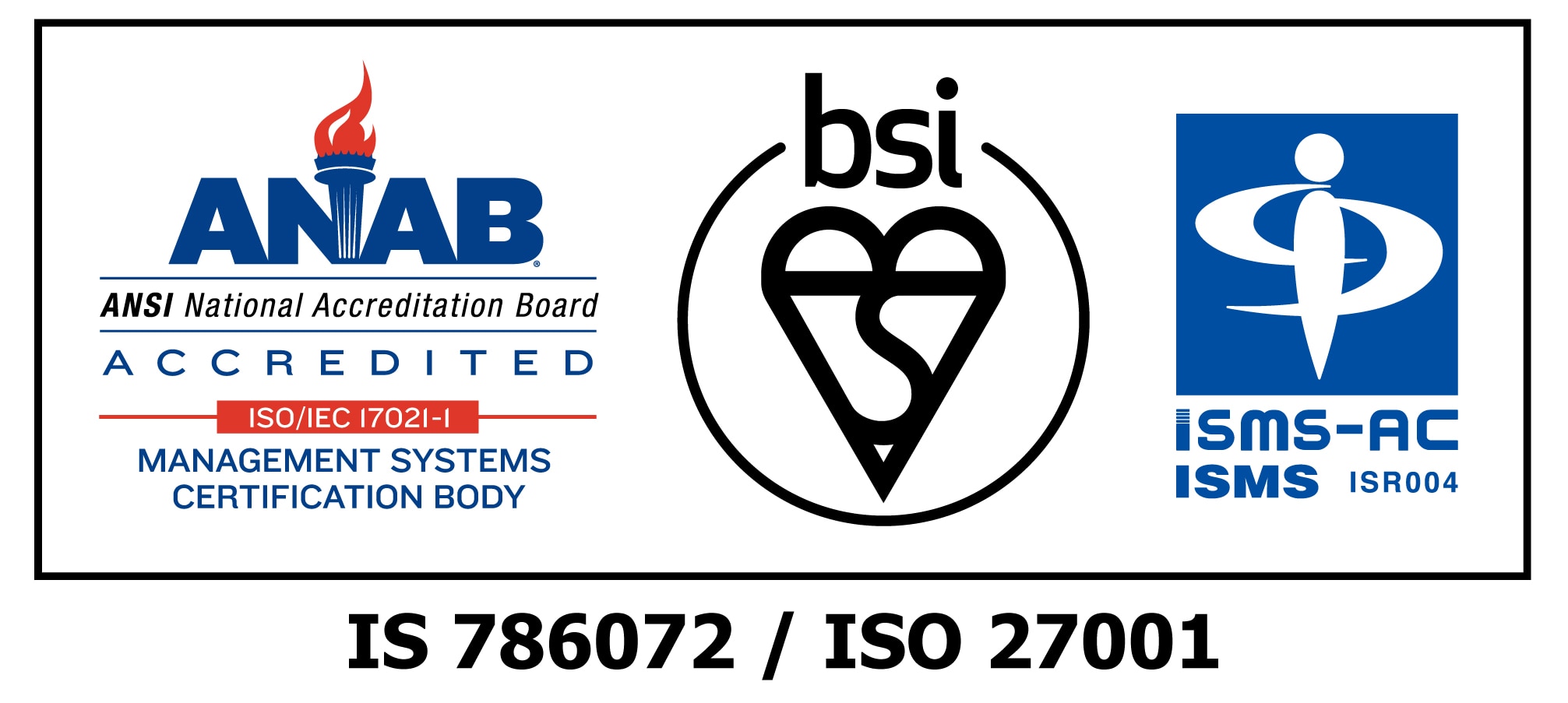Hot Palette (Asia Pacific) Pte. Ltd .
"Standardization" needed for Overseas Expansion
Teaching Brand Value with ABILI
In Singapore, a major issue was that store management had become dependent on store managers. With the introduction of ABILI, we are gradually shifting to a system that is less dependent on store managers, and we feel we are making progress in standardizing and improving the quality of store management."
"We hope to use ABILI to provide hospitality that goes beyond our standardized model and takes advantage of individual knowledge as well."
Effects of introducing ABILI during overseas expansion

◆インタビューご協力
Hot Palette (Asia Pacific) Pte. Ltd .
CEO 多胡 雄人
◆ご利用サービス ABILI Clip
「ペッパーランチ」をはじめとする外食ブランドを展開する株式会社ホットパレットの海外展開を支える、Hot Palette (Asia Pacific) Pte. Ltd の多胡雄人CEOにインタビューを致しました。コンサルティングによる業務プロセスの再設計から、ABILIを活用した標準化・ホスピタリティの実現など、現状のABILIの活用方法や今後の展望をお伺いしました。
Challenges before and effects of introducing ABILI
- Business process design for IT to address operation issues faced by store managers.
- Through ClipLine's consulting support, we visualized the IT utilization status of stores and headquarters, and designed business processes that would serve as the basis for our digital transformation.
- ABILI Clip's video-based management and interactive communication functions connect stores and headquarters. This is helping us move away from store management relying solely on store managers. In addition, the multilingual translation function improves the efficiency of work instructions.
Maximizing the potential of IT tools and store management
that relies on store managers were urgent issues hindering establishing their position as a fast casual restaurant
Q.まず、ペッパーランチ及び、海外展開の現状について教えてください。
ペッパーランチは1994年に誕生しました。 当時は牛肉が高価な食べ物で、そんな時代にいつでもランチ価格で牛肉を提供したいという思いを込めて、ペッパーランチというブランドになりました。お客様に快適に楽しんでいただける食空間を創造するべく、常日頃店舗運営に取り組んでおります。 海外では現在15カ国で展開しており、シンガポールと香港と上海の3箇所は直営、それ以外の国ではフランチャイズパートナーに運営いただいています。 国内ではすでにABILIを利用させていただいている実績があり、その状況も踏まえて今回海外での利用を開始しました。

Q.海外での店舗運営において、重要視している部分を教えてください。
海外展開では、マーケットにおいて「ファストカジュアル」というポジショニングを取っています。「ファストカジュアル」とは、価格や商品/サービス品質などの提供価値が、 カジュアルとファストフードの中間の業態であるという定義です。 チップ文化の存在する国でもチップは取りませんが、オペレーションとしての接客を標準化していくことだけではなく、ご来店いただいたお客様に対してホスピタリティも提供することを重視しています。
Q.現在は直営の店舗、特にシンガポールの店舗にて利用いただいています。利用の検討をいただいた経緯や課題意識を教えてください。
大きくはIT化の観点と人手不足の観点で課題を感じていました。
1つ目はIT化の観点です。2023年に私がシンガポールに赴任した際、IT化の遅れを感じました。その課題感からITシステム全般の改革を進めています。 特に弊社ではアメリカのロサンゼルスに法人があり、そちらでは先進的なITの利用が進んでいるため、アメリカで採用しているテクノロジーをアジアでも活用できるような体制を整えています。IT化により効果がでるような形の仕組み作りを推進していくことが課題でした。
2つ目は人手不足の観点です。アジア全体を見ると人手不足の課題度合いにはバラつきがあります。シンガポールや香港のような、所得レベルがアジアの中では比較的高い地域では、日本と同様に人手不足というのが深刻な問題です。 特にシンガポールでは従業員のトレーニングが課題でした。これまで従業員への教育やコミュニケーションは全て店長に依存せざるを得ない仕組みになっており、優秀な店長とそうではない店長で店舗マネジメントにおける品質のブレが発生していました。
コンサルティングを通じて、
本部と現場の業務プロセスを見直し。
ABILIを活用し業務指示効率/店長依存の店舗運営を改善。
Q.今回海外拠点でABILIを導入いただくにあたり、最初は弊社によるコンサルティングを実施させていただきました。その取り組みと成果について教えてください。
先ほど申し上げた通り、IT化を進めることが当初の課題でした。しかしながら、成果に繋がるIT投資を行うためには、今の業務プロセスや課題を正確に把握する事が重要だと考えました。そのため、ABILIを導入する際に、まずはITコンサルティングを通じて目指す業務プロセスの定義を依頼することにしました。 実際にシンガポールの店舗にも出張いただき、システムや帳票の店舗での利用状況や本部の活用状況などを網羅的に確認いただくことで、ITに留まらず業務全体の見直しを行っていただきました。弊社の現在のDX投資の根幹となる部分をコンサルティングを通して作りあげていただきました。
Q.ありがとうございます。コンサルティングを通じて業務プロセスの整理を行った後、店舗にABILIを導入いただきました。改めて、IT投資の一貫でABILIを導入いただいた決め手を教えてください。
決め手は大きく3つあります。
1つ目は現場の実行度の確認ができる点です。今までは、実際に現場で誰が何をしたかをトラッキングできず、実行は現場任せになっていました。しかし、ABILIのダッシュボードを利用することで、各スタッフがどこまで理解して、実際に実行できているかを可視化できました。これが大きな魅力の1つです。
2つ目は本部と店舗が直接繋がる点です。 これまではトレーナーが店舗に行って店長・従業員に対して現場でトレーニングをする必要がありましたが、ABILIを利用することで動画と双方向コミュニケーションの機能で、現場に行かなくても直接繋がりコミュニケーションができるようになりました。スタッフ1人1人から動画を集めることで、店舗に行かずに本部で中身を確認できる利便性は大きいと考えています。
3つ目は紙マニュアルをデジタル化できる点です。シンガポール国内だけでも、様々な人種の方が生活されています。公用語は英語ですが、実は中国語を主に使われる方が従業員の中には数多くいらっしゃるため、紙のマニュアルの運用では都度の言語翻訳が必要になり、負担が大きくなっていました。 ABILIを利用することで、非言語的な動作やオペレーションも漏れなくマニュアルとなり、適切に従業員のトレーニングが行えるだけでなく、多言語翻訳機能を通じて効率的に様々な従業員が利用できるマニュアルを作ることができるようになりました。将来的には、例えばインドネシアやベトナムなどの地域に出店する際にも、一旦英語でコンテンツを作れば、すぐに他の言語に転換できるので、海外展開/多店舗出店する弊社にとっては大きな魅力だと考えています。
Q.現在シンガポールの直営店で導入を進めている最中ですが、導入を開始してから感じていることや評価をお伺いできますか?
先ほど申し上げた通り、シンガポールでは店長依存の店舗運営になっていたことが大きな課題でした。今回ABILIを導入することで、店長に依存しない体制に徐々にシフトしており、店舗マネジメントの品質の標準化・改善が進んでいると感じています。 また、導入を進めると当初想定していなかったことも当然発生しますが、それらの事態に対してフレキシブルかつ真摯に対応いただいており、その点からも国内利用も含めたABILIへの安心感を改めて感じています。

We will continue to utilize ABILI, and provide hospitality
where individuality comes to life while achieving standardization.
Q.今後ABILIを活用して実現していきたいことや、展望などあれば教えてください。
大きく2つのステップがあると考えています。
1つがチェーン店として求められる標準化をきちんとまずは達成すること。 日本を含め全世界16カ国で運営していますが、どの店舗でも同じような品質でサービスや商品を提供することがチェーン店としての使命だと思っています。そのため、ABILIを活用した標準化をとことん追求したいと考えています。
そのうえで、「ファストカジュアル」としてのポジションを確立するべく、ABILIの活用を通して店舗の従業員が効率的に働ける仕組みや環境作りに加えて、ホスピタリティ提供の強化も追求していきます。 具体的には、経営理念の浸透などにも活用したいと考えています。弊社は「ここにしかない‘食’を通して、世界を笑顔に。」という経営理念のもと店舗運営を行っています。この経営理念を、海外で働く従業員の皆様にも浸透させていくことが、ホスピタリティの重要性や提供するべきサービスを理解するうえで最も重要だと考えています。
弊社の社名は、情熱を持った熱い人達が集まる会社になりたいという意味の「ホット」と、絵の具を混ぜる「パレット」という2つの単語から生まれています。色んな個性が交わりながら新しい個性・価値を生み出す会社になりたいという意味で、ホットパレットという社名になっています。 そのため、先程申し上げた標準化という第1段階の次には、個性を活かしたホスピタリティがあるべきだと考えています。お客様に笑顔になっていただくための行動で、それがきちんと正しく伝わるならば、色んな個性やサービスの形があるべきだと考えています。この標準化の先の個性を活かしたホスピタリティをABILIを活用して提供していきたいと考えています。
Q.最後に、海外展開している/検討している企業様のなかでも、特にABILIをおすすめしたいような方がいれば教えてください。
日本での出店ノウハウを生かして海外出展を今後していきたい、
もしくは海外展開を加速させたい企業様におすすめしたいです。
ハンズオンの強力なサポート体制がClipLineにはあるので、海外進出を進める際にABILIを活用することで、その知見を上手く活用しながら海外展開を進められるという確信があります。 加えて、ABILIを活用しながら動画コンテンツを作成することで、言葉が十分にわからなくても、見ればわかる業務マニュアルや施策指示ができるようになります。かつ、日本語のスクリプトを付けておけば、それを多言語翻訳機能で翻訳することもできるので、効率的に各国に合った業務マニュアルや業務指示が行えるようになります。 これらの観点から、今後海外出店を検討している、もしくは現状出店している海外店舗を立て直したい/より成長させていきたい企業様には最適のサービスだと思います。

CONTACT
サービス業の多拠点ビジネスのお悩みを
ABILIに相談してみませんか?
サービス資料やお役立ち資料は
こちら
プランや料金などお気軽に
お問い合わせください



